Overview of the event
The seminar “Logistics infrastructure: Requirements in development strategies and legal framework” took place on August 30, 2024, in Bà Rịa - Vũng Tàu. It was co-organized by the Vietnam International Arbitration Centre (VIAC), the Ba Ria - Vung Tau branch of the Vietnam Chamber of Commerce and Industry (VCCI), and the Bà Rịa - Vũng Tàu Association of Small and Medium Enterprises (BV SME). The event saw great success, with over 100 businesses, legal professionals, and media representatives attending. This is the following event held within the framework of the Legal Management Series 2024 (LMS 2024) co-organized by VIAC and its partners.
Dr. Tran Du Lich, Vice Chairman of the Vietnam International Arbitration Centre (VIAC)
In his opening speech at the seminar, Dr. Trần Du Lịch, Vice President of the Vietnam International Arbitration Centre (VIAC), noted that in recent years, Vietnam's logistics industry has developed rapidly and achieved significant accomplishments. However, for the logistics sector to continue to grow strongly and sustainably, government and businesses need to strengthen investment in logistics infrastructure. According to Dr. Trần Du Lịch, improving logistics infrastructure will help ensure the timely supply of products and create favorable conditions for the operation of the entire supply chain. For the Bà Rịa - Vũng Tàu region, Dr. Trần Du Lịch highly appreciated the efforts and actions of the local government in promoting logistics services in the province, particularly in infrastructure upgrades. With such determination, he expressed his hope that in the near future, Vũng Tàu will build a high-quality infrastructure system and achieve the goal of becoming the logistics hub of Southeast Vietnam. However, in addition to the positive signs in the industry, he also pointed out that the logistics infrastructure in Vietnam in general, and in Bà Rịa - Vũng Tàu in particular, has not yet made a strong breakthrough due to several regulatory obstacles. These challenges make implementation and operation difficult and limit investment attraction. Furthermore, from the perspective of VIAC, he cited some risks and disputes arising from the construction and exploitation of logistics infrastructure, as well as the provision of logistics services when the infrastructure is inadequate. Thus, Dr. Trần Du Lịch suggested that in tandem with strategies to modernize logistics infrastructure, there should be a solid legal framework and legal oversight during investment, deployment, and operation.
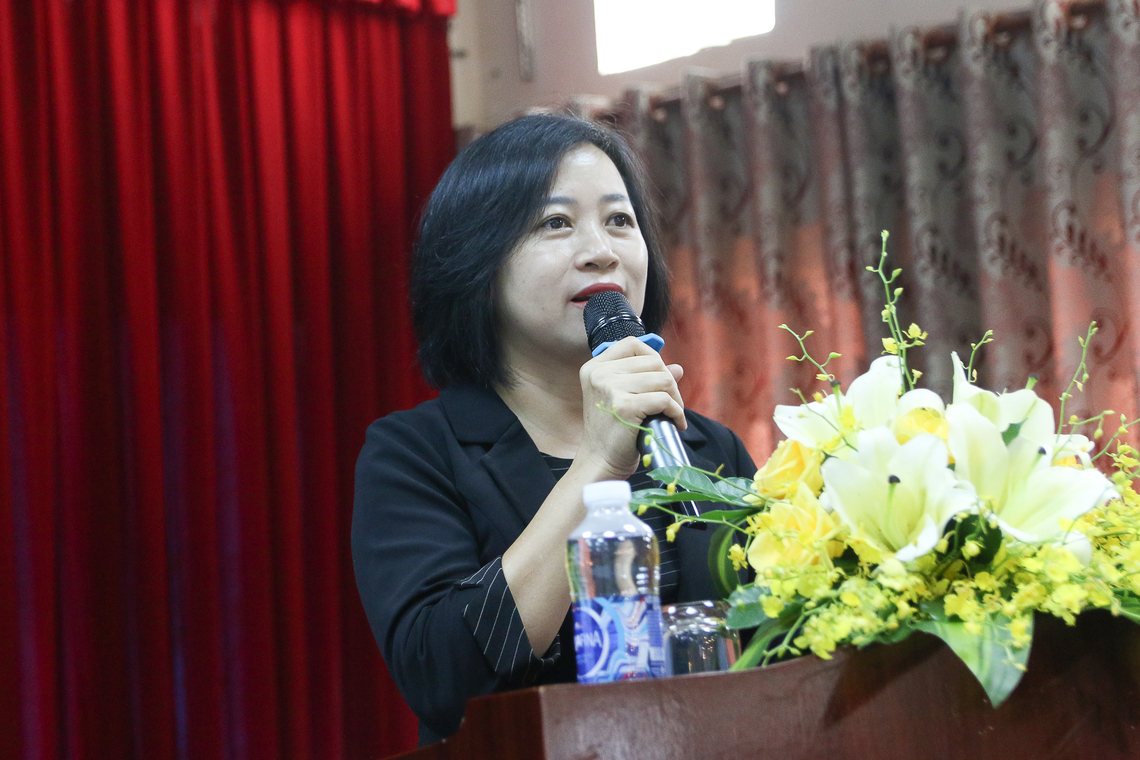
Ms. Nguyen Xuan Bich Thoai - Deputy Director of the Vietnam Chamber of Commerce and Industry - Ba Ria - Vung Tau Branch
Following Dr. Trần Du Lịch's remarks, Ms. Nguyễn Xuân Bích Thoại, Deputy Director of the Vietnam Chamber of Commerce and Industry - Bà Rịa - Vũng Tàu Branch, also shared some thoughts at the seminar. She praised and supported the collaboration of VCCI Bà Rịa - Vũng Tàu, VIAC, and the Bà Rịa - Vũng Tàu Association of Small and Medium Enterprises (BV SME) in organizing this event. According to Ms. Thoại, logistics, particularly logistics infrastructure, is currently receiving attention and investment from the local government with the aim of making Bà Rịa - Vũng Tàu a port city in the near future. To achieve this goal, both the government and businesses are seeking effective solutions to improve infrastructure and facilitate logistics service businesses. In reality, both the government and businesses are facing numerous challenges, especially with regard to legal regulations, mechanisms, and policies. Additionally, with the global shift towards green transformation, logistics companies are also required to adapt appropriately. For these reasons, Ms. Thoại expressed her hope that the seminar would contribute positively to the province’s development, helping to foster the growth of the logistics sector in Bà Rịa - Vũng Tàu.
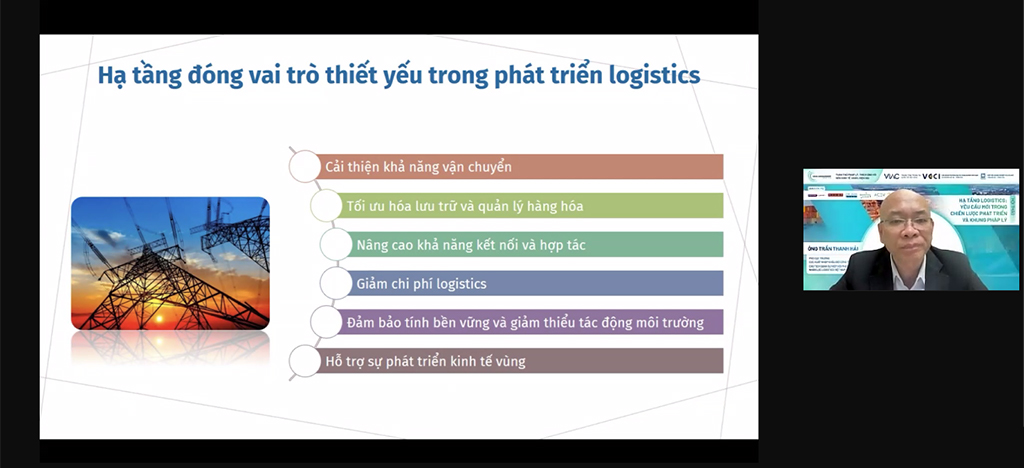
Mr. Tran Thanh Hai, Deputy Director of the Import-Export Department (Ministry of Industry and Trade), Honorary President of the Vietnam Logistics Human Resource Development Association
Starting the seminar, Mr. Trần Thanh Hải, Deputy Director of the Import-Export Department (Ministry of Industry and Trade), and Honorary President of the Vietnam Logistics Human Resources Development Association, delivered a presentation titled "Logistics Infrastructure and its Impact on Supply Chains." He discussed how supply chain shifts, epidemics, natural disasters, and increasing attention to "green" policies in many countries are forcing businesses not only to meet green production criteria but also to “green” their entire supply chain, aiming for the goal of "net zero." As a key link in the development of logistics systems, Mr. Hải emphasized that the infrastructure must be invested in a synchronized and professional manner.
From his research, Mr. Hải pointed out that the development of logistics infrastructure currently faces several obstacles such as: (i) high costs, (ii) complicated administrative procedures, (iii) a lack of high-quality human resources, (iv) reliance on international sea routes, (v) lack of coordination among regulatory agencies, and (vi) uneven development between regions. In light of these challenges, he recommended that central government agencies develop mechanisms for inter-ministerial and inter-agency collaboration. At the provincial and regional levels, authorities need to actively assess comprehensive planning, make strategic development proposals, and encourage the establishment of associations to create a linked network and train a quality workforce.
Mr. Nguyen Van Dong, Director of the Department of Industry and Trade of Ba Ria - Vung Tau province
Following Mr. Trần Thanh Hải’s presentation, Mr. Nguyễn Văn Đồng, Director of the Department of Industry and Trade of Bà Rịa – Vũng Tàu, shared insights on the current status and future directions for logistics infrastructure development in the province. Mr. Đồng stated that Bà Rịa – Vũng Tàu has long been one of the three key growth hubs in the Southeast Economic Region with one of the most modern seaport systems in Vietnam. With natural advantages and several government policies encouraging development, the province has identified logistics as one of its four economic pillars. However, in reality, the number of logistics warehouses and companies providing logistics services remains relatively modest compared to the total number of businesses in the province. This reflects the difficulties facing the logistics sector in Bà Rịa - Vũng Tàu, such as: (i) investment in infrastructure connectivity and logistics infrastructure is lagging behind, (ii) land and logistics infrastructure remain fragmented, container and general warehousing are insufficient, and existing roads are degraded and congested. Nevertheless, Mr. Đồng presented an optimistic view of the opportunities for developing logistics infrastructure in the province. According to him, the upcoming implementation of several key transportation infrastructure projects will provide Bà Rịa - Vũng Tàu with the opportunity to expand its logistics network and promote multimodal transport operations. With this positive outlook, Mr. Đồng also urged the central government to soon consider and develop a special mechanism and policy tailored to the specific characteristics of the free trade zone in Bà Rịa – Vũng Tàu.
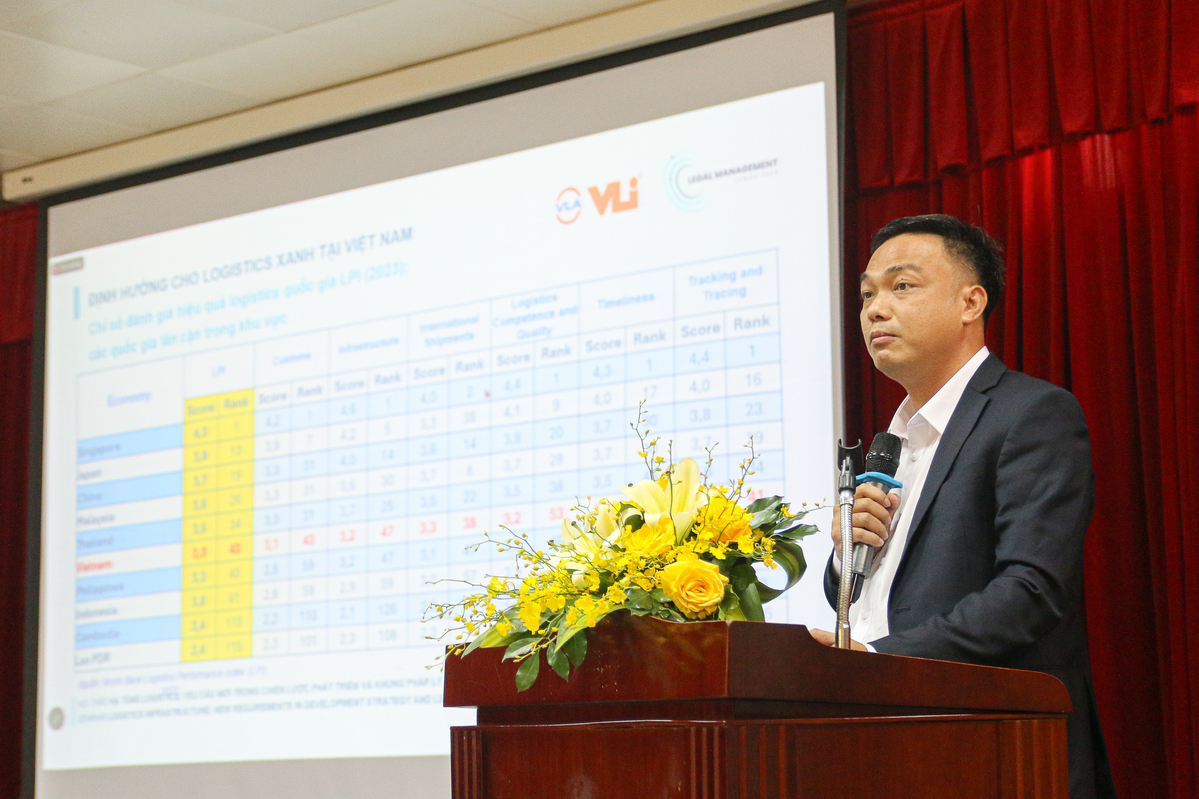
Dr. Nguyen Thang Loi, Head of the Research and Consulting Department at the Vietnam Logistics Research and Development Institute (VLI)
Continuing the seminar, Dr. Nguyễn Thắng Lợi, Head of Research and Consulting at the Vietnam Logistics Research and Development Institute (VLI), discussed the establishment of logistics infrastructure to meet green transformation demands in the current context. He noted that countries globally have committed to reducing net emissions and transitioning to renewable energy to protect the environment and cut costs. This presents a challenge for many industries, including logistics, where the trend towards green logistics is becoming an inevitable requirement for countries and businesses in Vietnam. Mr. Lợi emphasized that to develop green logistics, four basic foundations must be focused on: (i) infrastructure and technology; (ii) human resource development; (iii) shippers; and (iv) logistics service providers, all under the guidance of legal and policy frameworks promoting "greening." He highlighted that successful greening depends largely on businesses, particularly their personnel and awareness, but infrastructure also plays a critical supporting role. Only with standardized warehouses, technological advancements, and green transportation can the greening process be optimized. In Bà Rịa - Vũng Tàu, he commended many businesses for their awareness of the importance of improving processes and greening their logistics operations, and he also proposed several solutions to improve logistics infrastructure in the future, such as: (i) researching and establishing a legal framework for logistics activities aimed at sustainable development; (ii) enhancing the connectivity between the government, enterprises, and researchers in certain green development projects; and (iii) improving logistics infrastructure (warehouses and transportation) by specializing certain processes.

Mr. Đặng Việt Anh - Director of ANHISA Law Firm, Arbitrator of VIAC, and Mediator of VMC
From a legal perspective, Mr. Đặng Việt Anh, Managing Partner of ANHISA, Arbitrator of the Vietnam International Arbitration Centre (VIAC), and Mediator at the Vietnam Mediation Centre (VMC), shared his insights on the legal framework and its impact on logistics real estate infrastructure. Mr. Viet Anh listed various logistics services, including storage, delivery, and transportation, which all require infrastructure development. Observing other countries such as Hong Kong and Singapore, he noted that these nations had established modern port systems and adequate infrastructure to accommodate large vessels as early as 30 years ago. Meanwhile, in Vietnam, the Cái Mép - Thị Vải Port, completed in 2011, could not initially operate at full capacity due to planning issues. From this, he highlighted that planning is a critical factor to consider in maximizing the effectiveness of the entire infrastructure system. Furthermore, the logistics sector includes many types of specialized and expensive real estate, such as offshore oil rigs, crude oil storage facilities, and floating LNG storage and delivery facilities, among others. With such diversity, disputes in this sector arise from various causes throughout both the construction and operational phases. Common types of disputes include: (i) shareholder and member disputes within companies; (ii) disputes related to accidents/incidents in the logistics sector; (iii) disputes over the bankruptcy of logistics companies; and (iv) disputes arising from the lack of auxiliary logistics services, involving both domestic and foreign parties. To minimize these disputes, Mr. Đặng Việt Anh made several recommendations for risk management. He emphasized that throughout the transaction process, to avoid unfavorable situations, businesses need to utilize mediation and arbitration to resolve disputes instead of resorting to court litigation. This approach helps save time and costs for businesses while maintaining their reputations.

The discussion session taking place with many contributions
After the presentations, the experts participated in a discussion session moderated by Mr. Châu Việt Bắc – Vice Secretary General of the Vietnam International Arbitration Centre (VIAC). The discussion was lively, with many useful and valuable insights contributed, offering practical solutions to promote the development of logistics infrastructure in Vietnam in general and in Bà Rịa – Vũng Tàu in particular
At the seminar, the MOU signing ceremony between the Vietnam International Arbitration Centre (VIAC) and the Ba Ria - Vung Tau Small and Medium Enterprises Association (BVSME) took place with the attendance of over 100 delegates. This event marked the support and collaboration from VIAC and business associations in providing information and assisting the business community in enhancing legal capacity. In the coming time, both parties aim to coordinate closely and implement more practical activities, accompanying and contributing significant value to the business community.
--------------------------------
The above event is within the Legal Management Series 2024 (LMS 2024) on "Legal compliance for adapting to the modern and green economy" co-organized by VIAC and partners. The series includes 09 activities taking place from June 20, 2024, to November 06, 2024, in Ho Chi Minh City and other southern provinces.
--------------------------------
INFORMATION ABOUT LMS 2024 EVENTS:
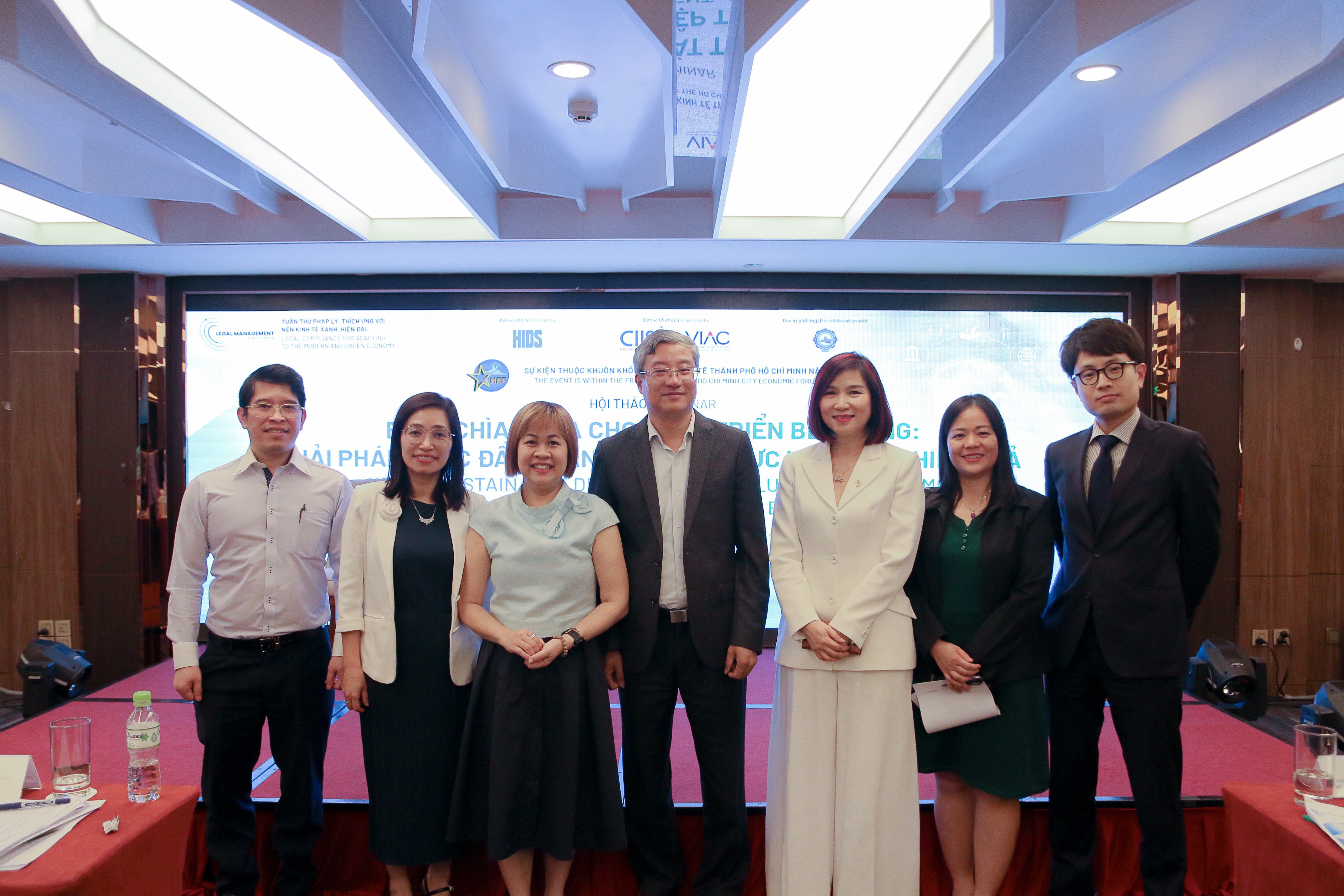 | | Energy Sector VIAC - CIIS organized the opening event of LMS 2024 "ESG - Key to sustainable development: Solutions for promotingbusinesses to effectively practice ESG standards" Click HERE for more details |
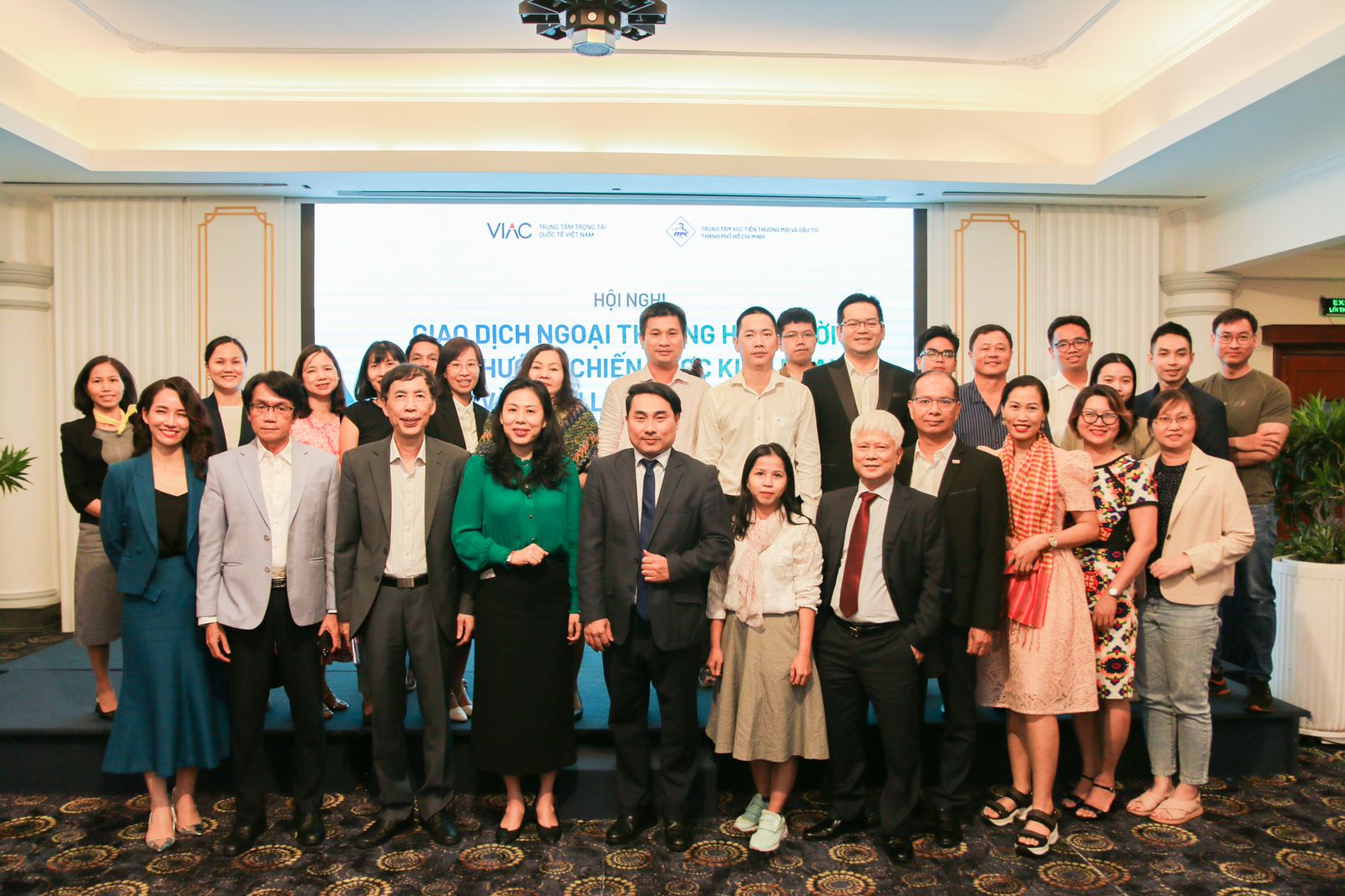 | | Foreign Trade Sector Seminar "Current foreign trade transactions: Changes in business strategies and disputes management" Click HERE for more details |
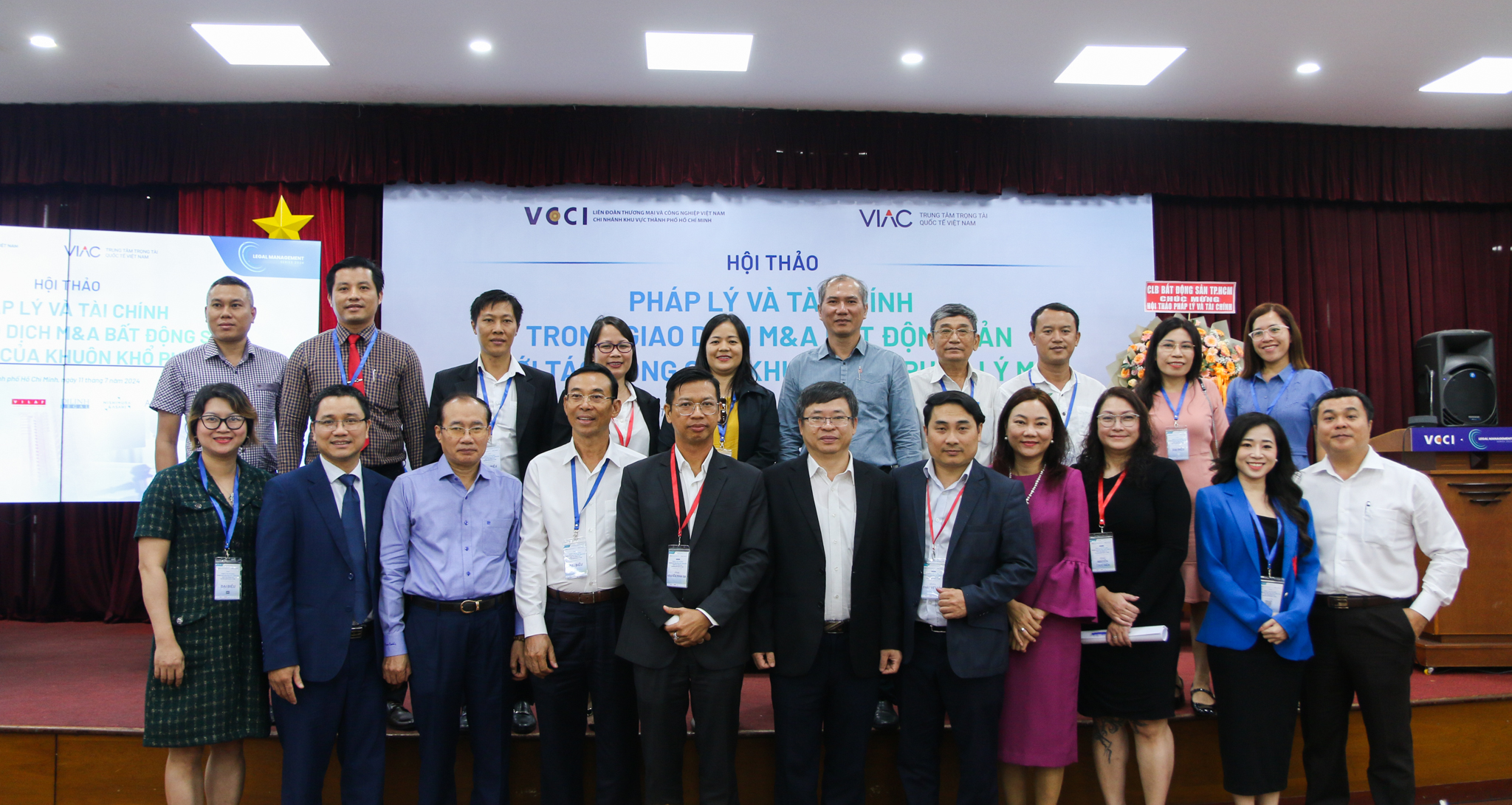 | | Real Estate Sector Seminar "Legal and financial issues in M&A transactions in the real estate segment under the context of new legal framework" Click HERE for more details |
.jpg) | | Real Estate Sector Seminar "Real estate disputes in the context of new legal framework" in Khanh Hoa Click HERE for more details |
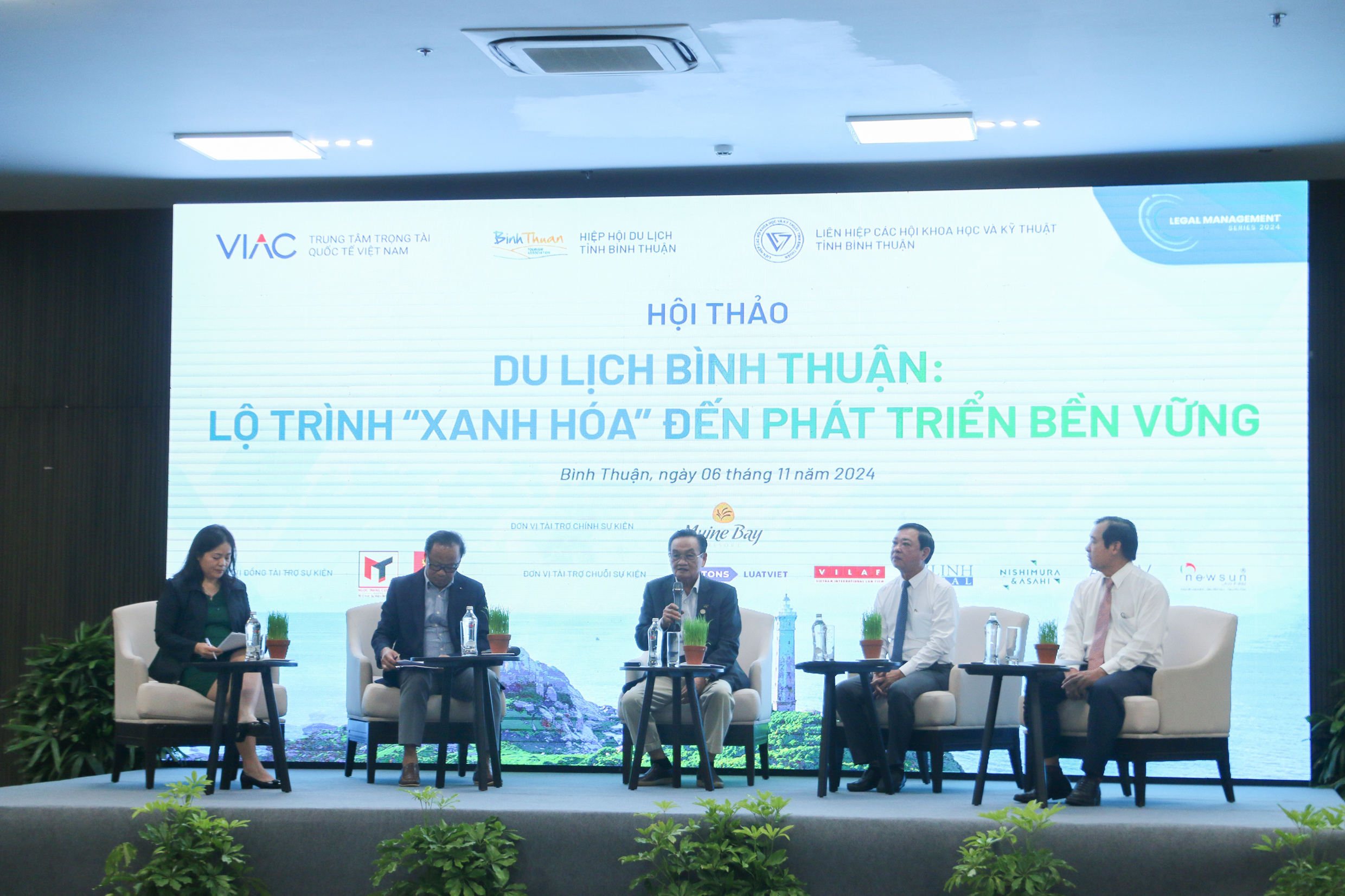 | | Energy Sector Seminar "Tourism in Binh Thuan Province: Pathway to green transition for sustainable development" Click HERE for more details |
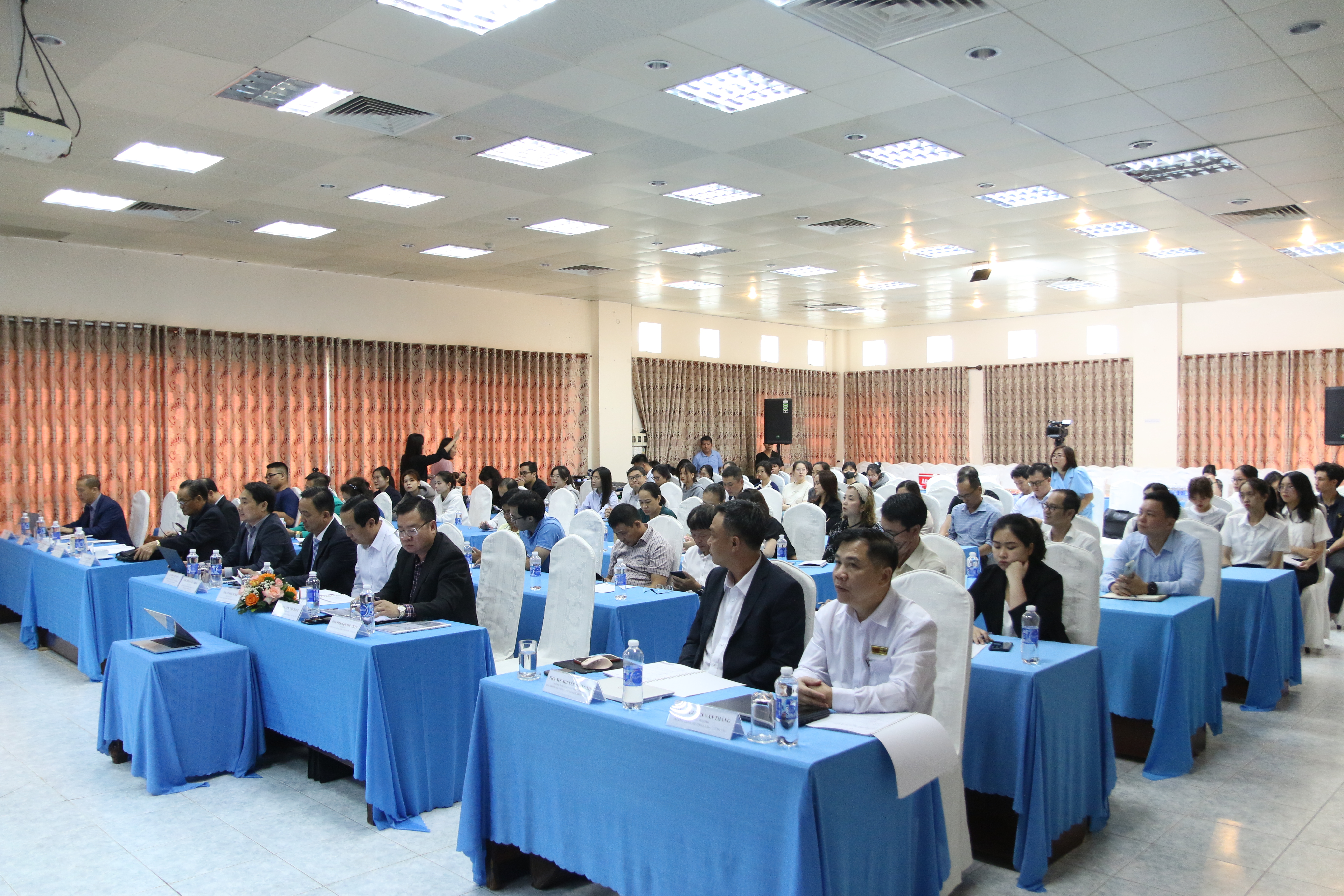
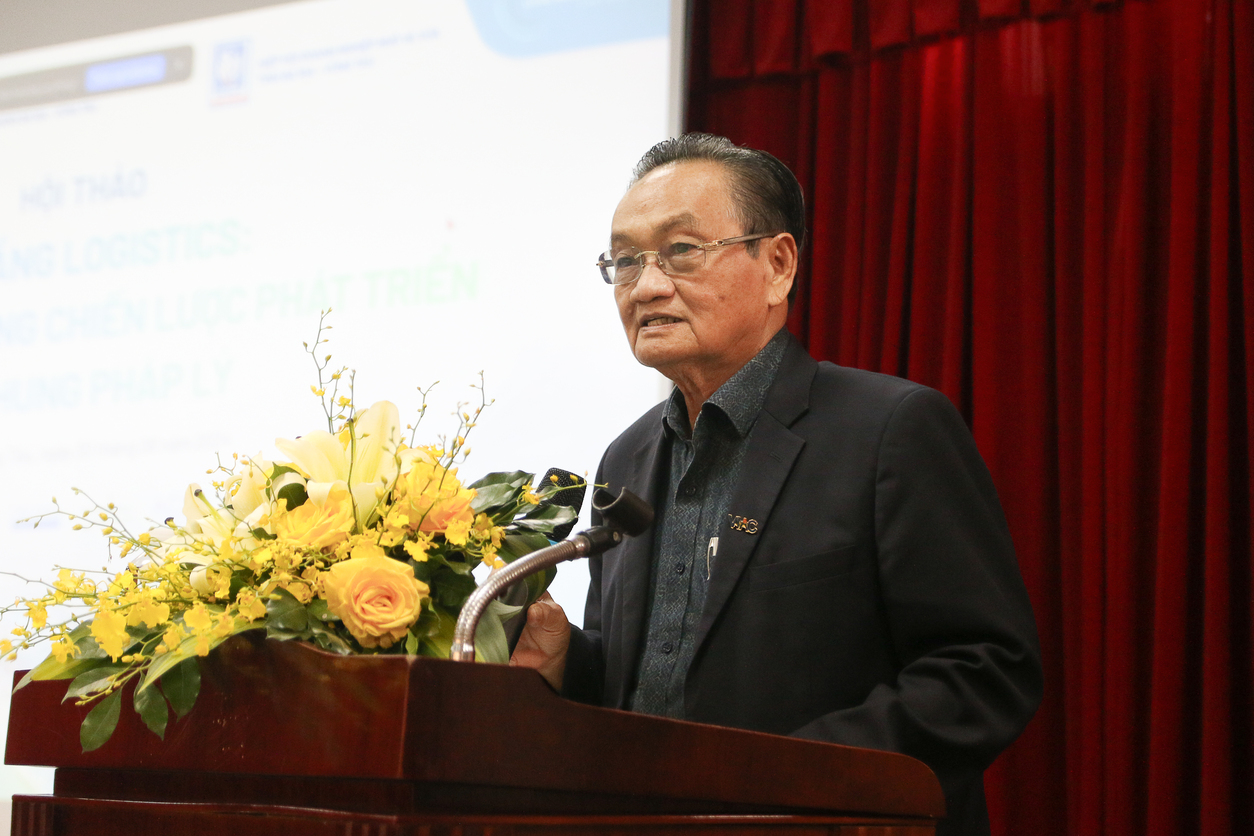


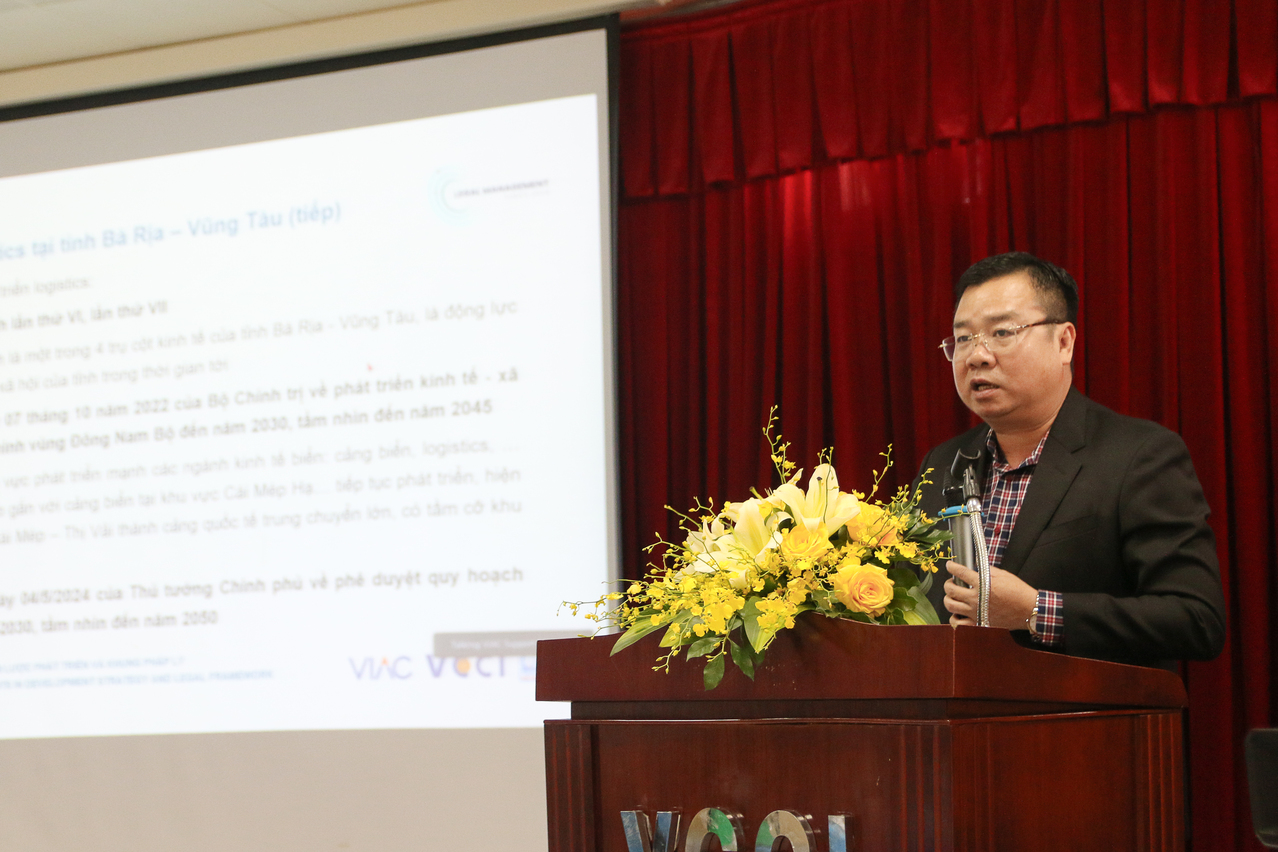



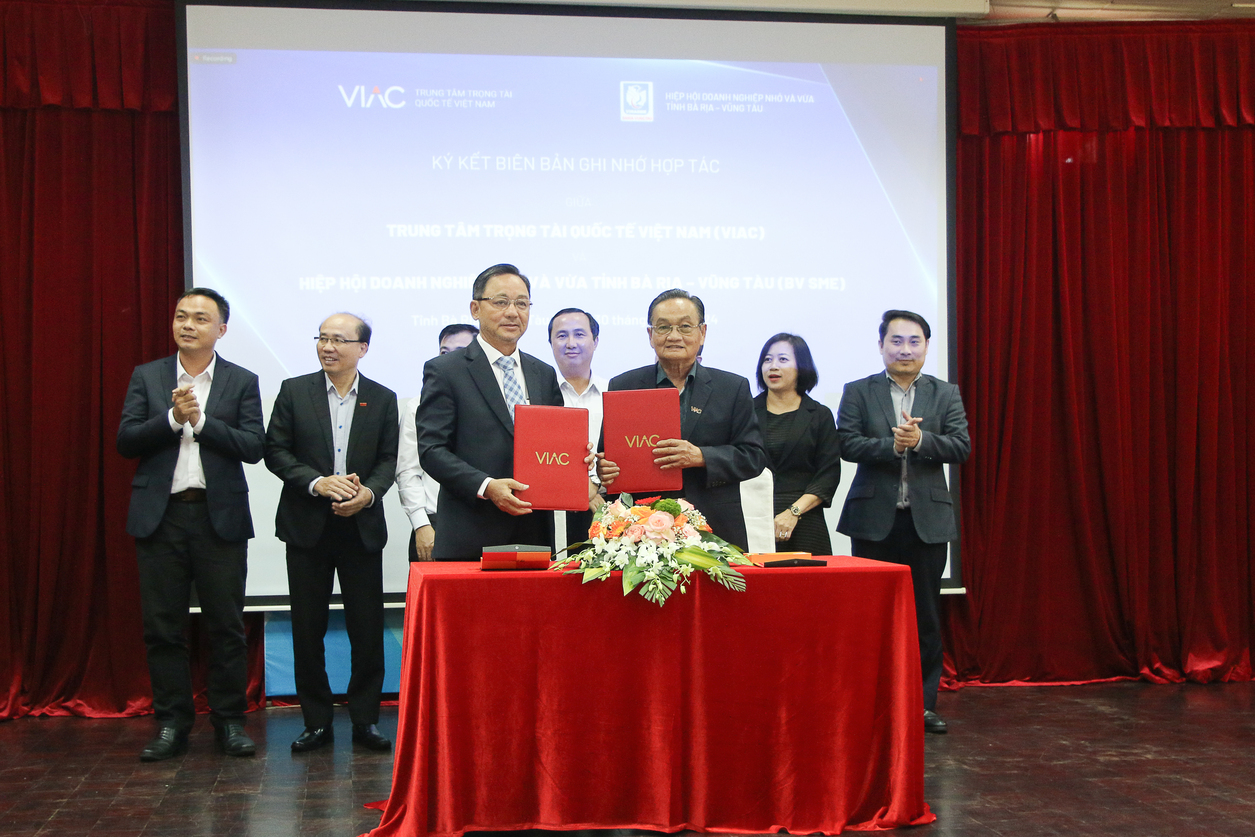



.jpg)
